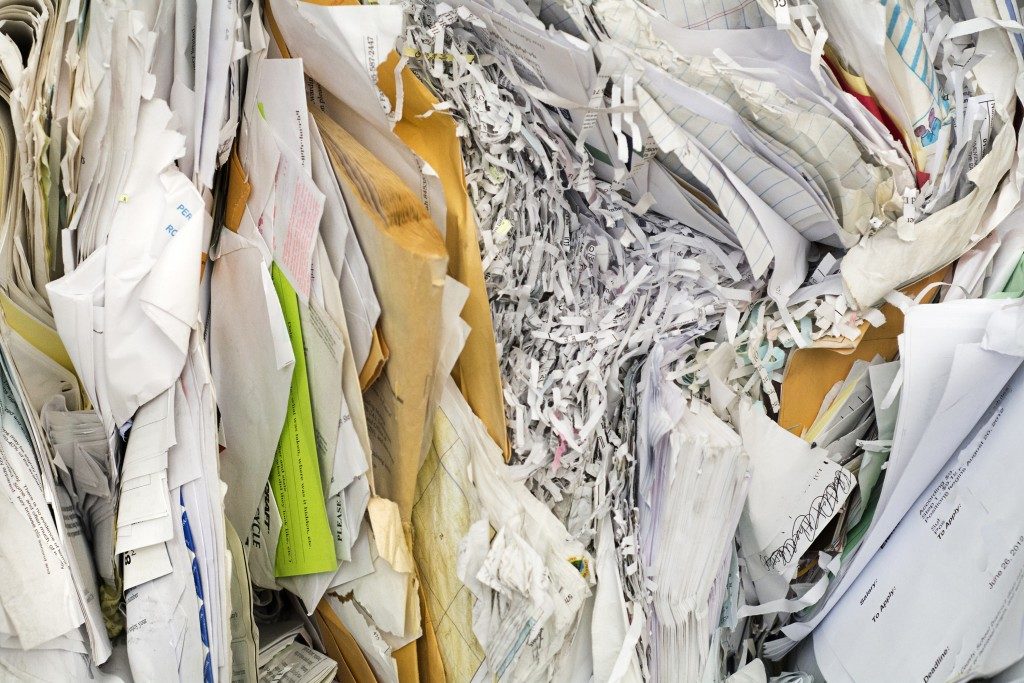Workers in the recycling centers face a lot of health and environmental hazards that average workers do not face. From 2011 to 2013, there are about 17 workers in recycling facilities who got fatally injured. If the hazards in the job are not going to be addressed, the number of workers who put their lives at risk when working in the recycling sector will increase.
Recycling is good, and the environment needs it more than ever. But these recycling facilities should find a way to make the job site safer for everyone concerned. While there are a lot of people who want recycling careers, they do not pursue these careers because of the health risks associated with working in recycling centers. One of the ways that recycling managers can begin to understand the health hazards that recycling workers put themselves in is to get to know the situations wherein these workers are most likely to get into accidents.
Exposure to Chemicals and Hazardous Waste
Unfortunately, recycling workers are constantly faced with consumer ignorance about what is recyclable and what is not. Households continue to mix their garbage, whether it’s biodegradable, non-biodegradable, and hazardous waste. As a result, workers are directly being exposed to used hypodermic needles, bio hazard waste such as soiled food, diapers, and disease-causing pathogens, sharp objects such as broken glass and wood shards, industrial and household chemicals such as mercury in broken thermometers, batteries, solvents, motor oil, and dead and rotting animals such as mice and squirrels.
Although the U.S. government has strict rules on the best practices in recycling facilities, not all managers and engineers follow such policies. The exposure is increased further because conveyor belts run fast, so workers need to identify the waste quickly.
Accidents Caused by Moving Vehicles
Materials in the recycling centers weigh more than a ton, constituting the need for trucks, forklifts, and front-end loaders. Other heavy vehicles and machinery are also being used to transport and move the waste. Workers can get struck or run over.
Injuries Caused by Improperly Stored Heavy Equipment
Recycling facilities store heavy machinery, equipment, and materials. But when these are improperly stored, especially in overhead storage cabinets and racks, it puts people at great risk. Workers unknowingly walk underneath racks and storage spaces. At any given time, these can collapse on the workers.
Dangers Posed by Machinery

Workers in the recycling plants are also tasked to clean and maintain the conveyor belts, compactors, and sorting machinery. But if the previous team of workers did not follow proper lockout procedure, the dangers posed by working with such machinery will increase. Workers who are tasked to clean and maintain the machine can get parts of their bodies amputated, or they may face fatal injuries.
Health Hazards from Airborne Contaminants
The air circulating inside recycling plants is not at all safe for workers. Waste and recyclable materials generate a lot of airborne chemically hazardous particles. The air that workers breathe can contain micro particles from plastics and glass, as well as toxic substances such as asbestos and other respiratory irritants.
Addressing the health hazards in a recycling plant will not only benefit workers in the plant. City officials can generate jobs and other economic opportunities when the recycling facilities are compliant to health and safety regulations. Facilities must follow proven strategies to reduce workers’ exposure to hazardous conditions.